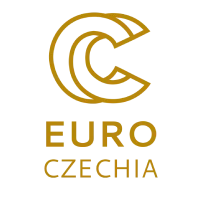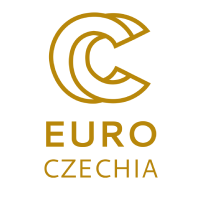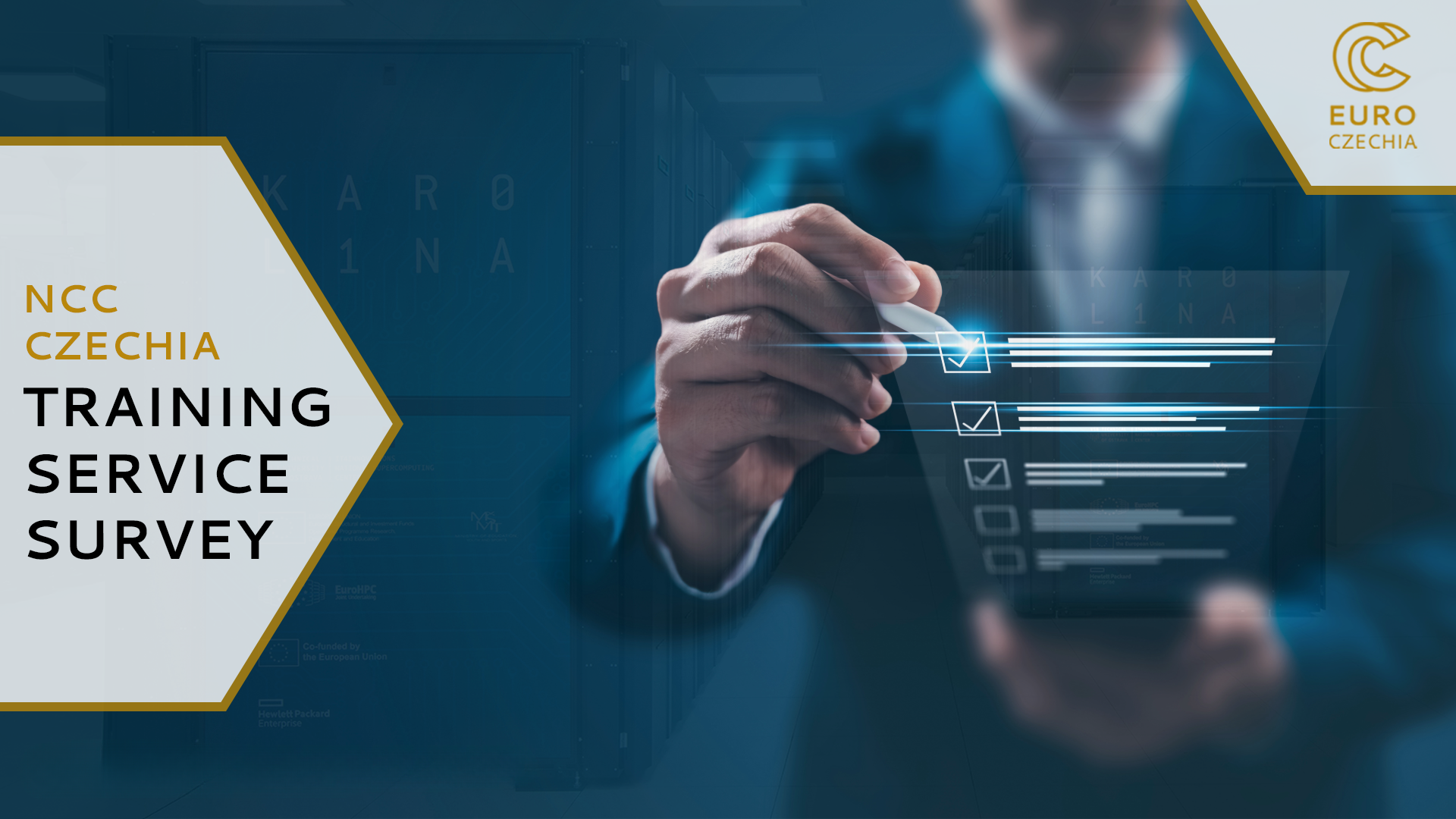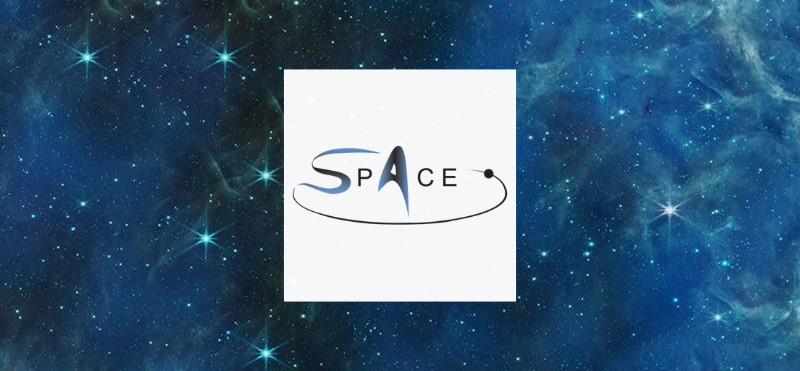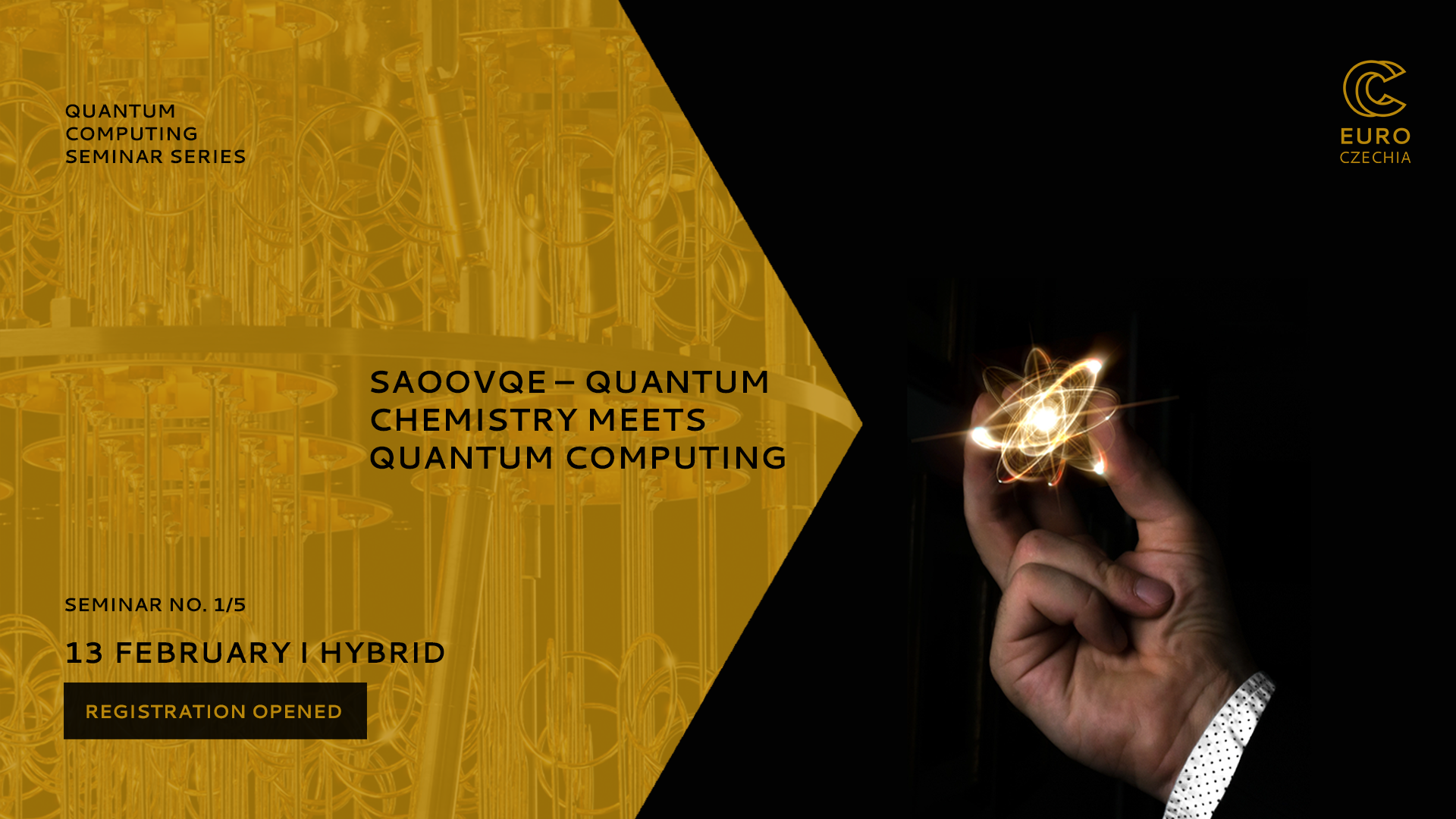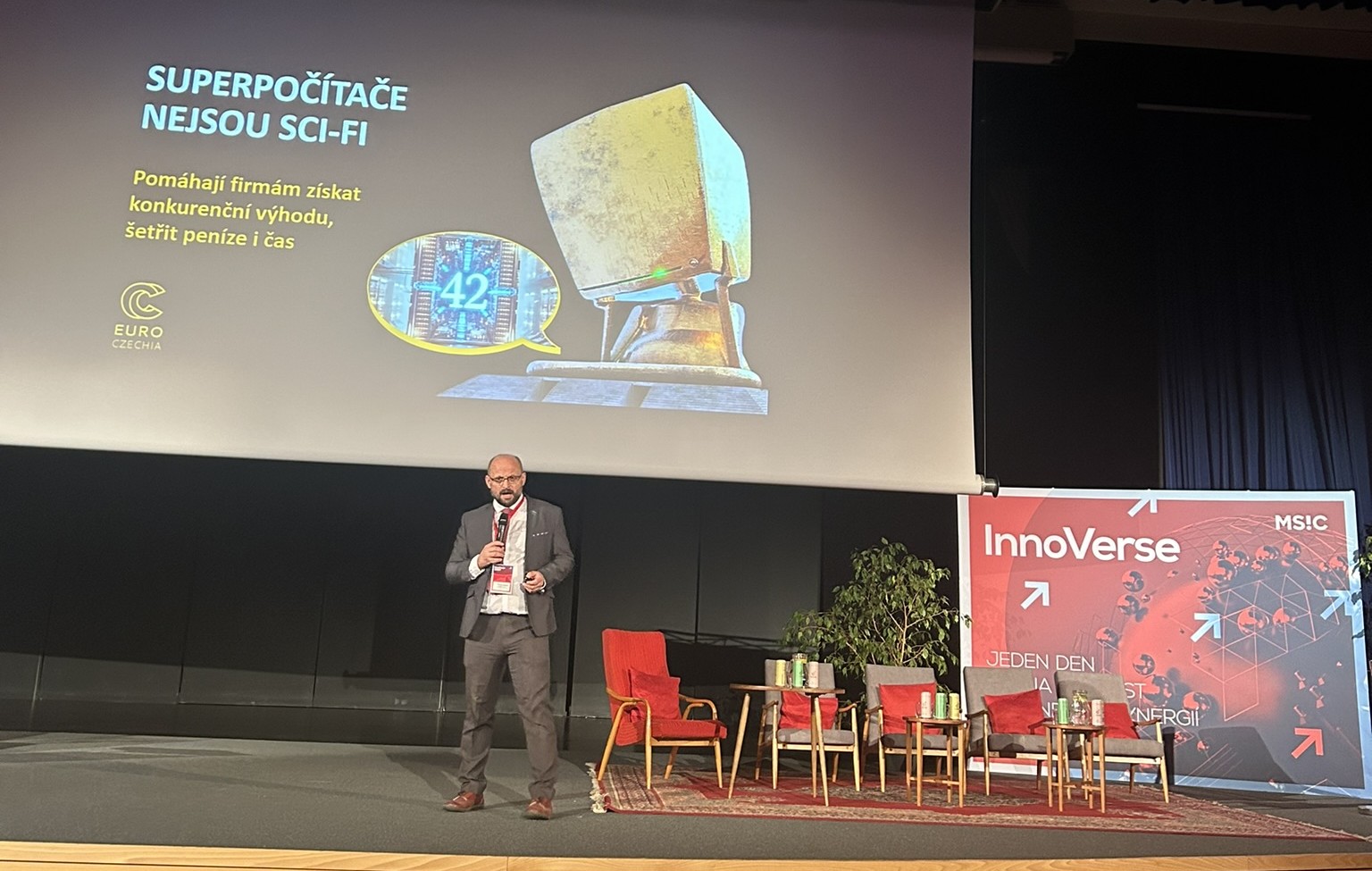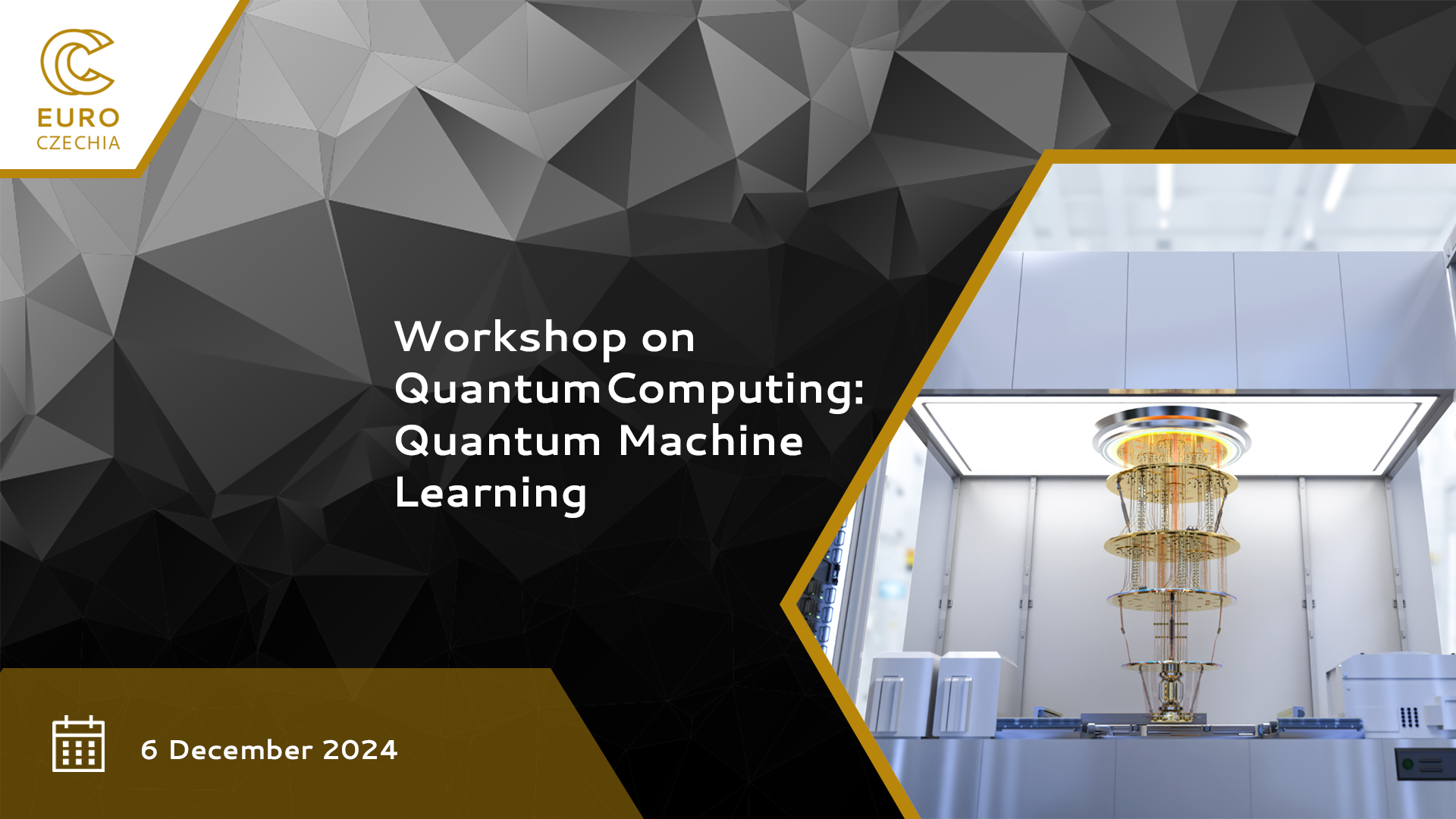Innovative companies and ambitious start-ups have a unique opportunity to receive significant support for technological development in 2025. The European Innovation Council (EIC) has launched a new EUR 300 million Step-up Facility to support the development of digital and engineering innovation, sustainable technologies, and biotechnologies.
Selected projects can receive funding of up to EUR 30 million, opening the door to significant technology developments for companies. Plus, we will help you design how to accelerate your projects with the power of supercomputers.
What areas does the initiative target?
- Digital and Engineering Technologies, specifically semiconductors, artificial intelligence, quantum technologies, sensors, robotics, and autonomous systems.
- Sustainable technologies focusing on net-zero solutions such as solar and wind energy, battery storage, geothermal energy, hydrogen, biogas, carbon capture, as well as circular economy and nuclear energy.
- Biotechnology, including critical drug discovery, DNA/RNA, proteins, cell engineering, gene vectors, bioinformatics, and nanobiotechnology.
How to participate?
Applications are now open, and interested parties can submit their projects via the EIC website. The evaluation of the submitted projects takes place on a quarterly basis. Detailed information on the programme and funding conditions can be found here.
We can help you accelerate your plan with supercomputers
Solving such global challenges generally requires the employment of advanced data analysis, simulation, modelling, artificial intelligence, and, therefore, supercomputers or the aforementioned quantum technologies. In these areas, we will be happy to guide you and help you create tailored solutions.
Turn your innovative ideas into successful solutions and join the technological leaders in Europe.
All you need to do is contact us and get free support from experts in supercomputing and quantum computing in practice.
Follow us!
You will never miss new courses and updates.
